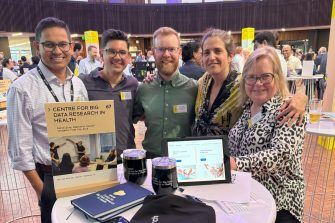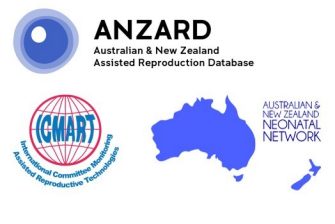Centre for Big Data Research in Health
Enhancing the health and wellbeing of all, by maximising the productive use of all possible sources of health big data in medical research.

Data-driven health solutions
We are Australia’s first research centre dedicated to health research using big data. Our research is collaborative, involving codesign and coproduction methods with consumers, communities and health care providers. Together, we aim to facilitate long term translation and implementation into health policy, service and programs.
We are privileged to have many enthusiastic partners including government agencies, health organisations from the public, private and not-for-profit sectors, research funders, clinicians, health consumers and community members.











